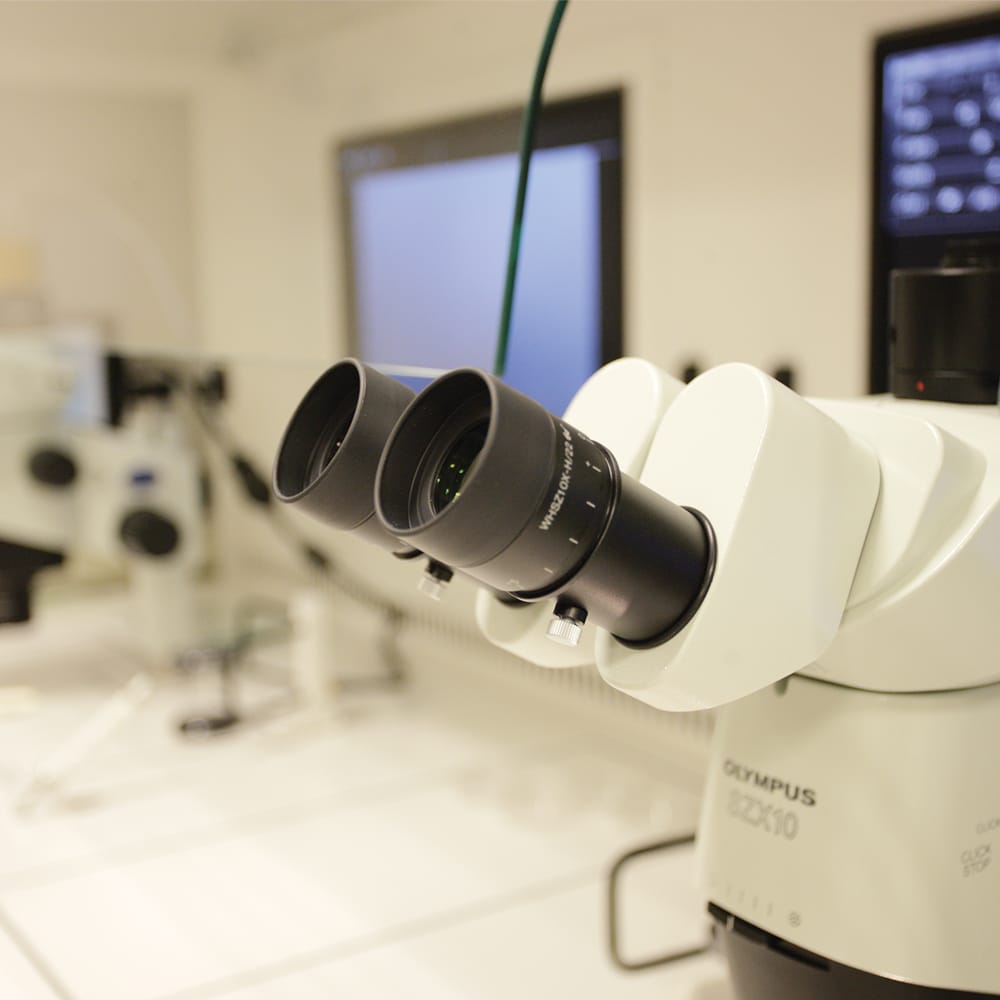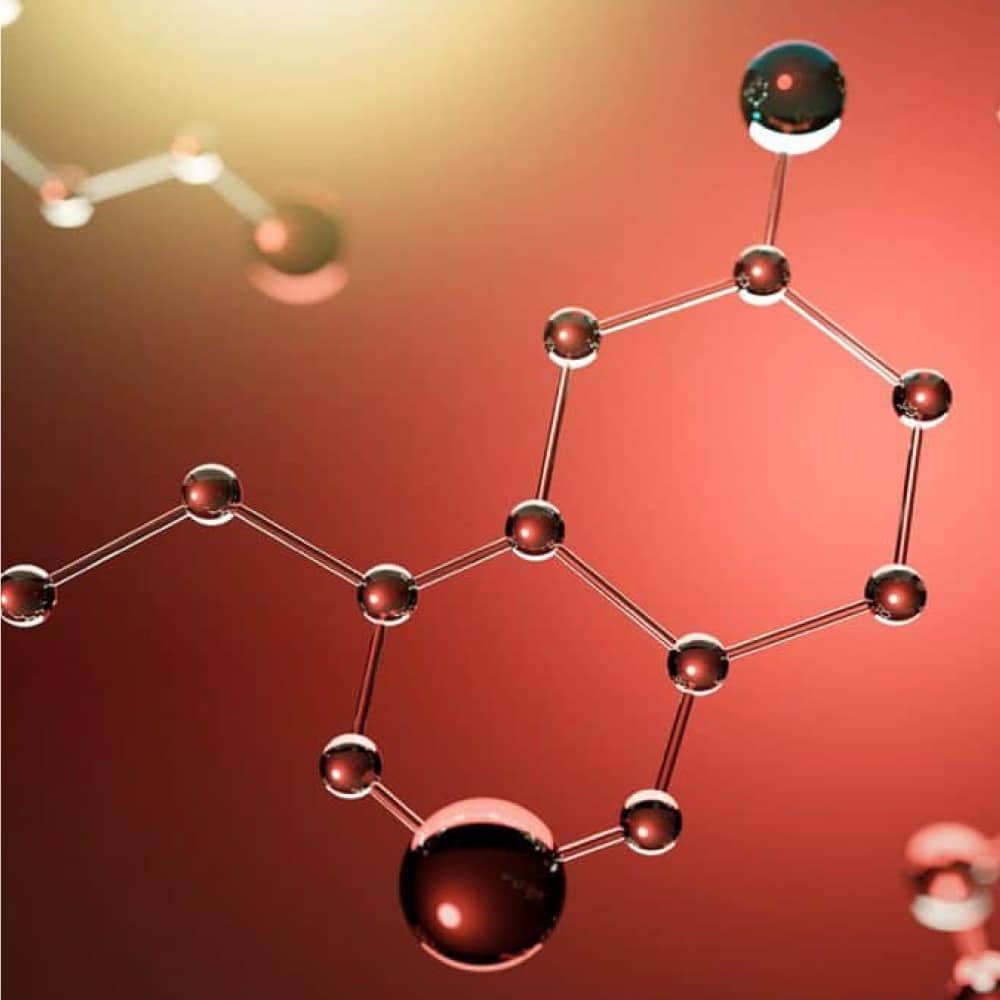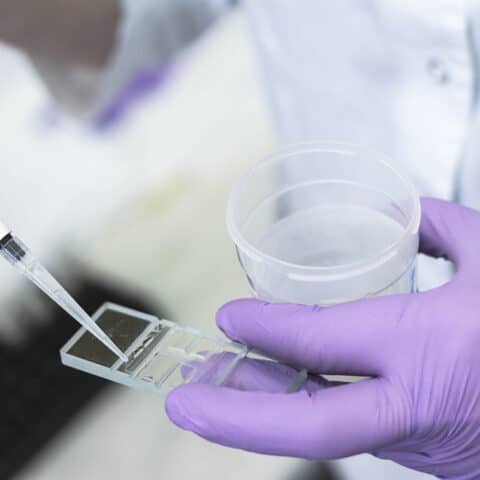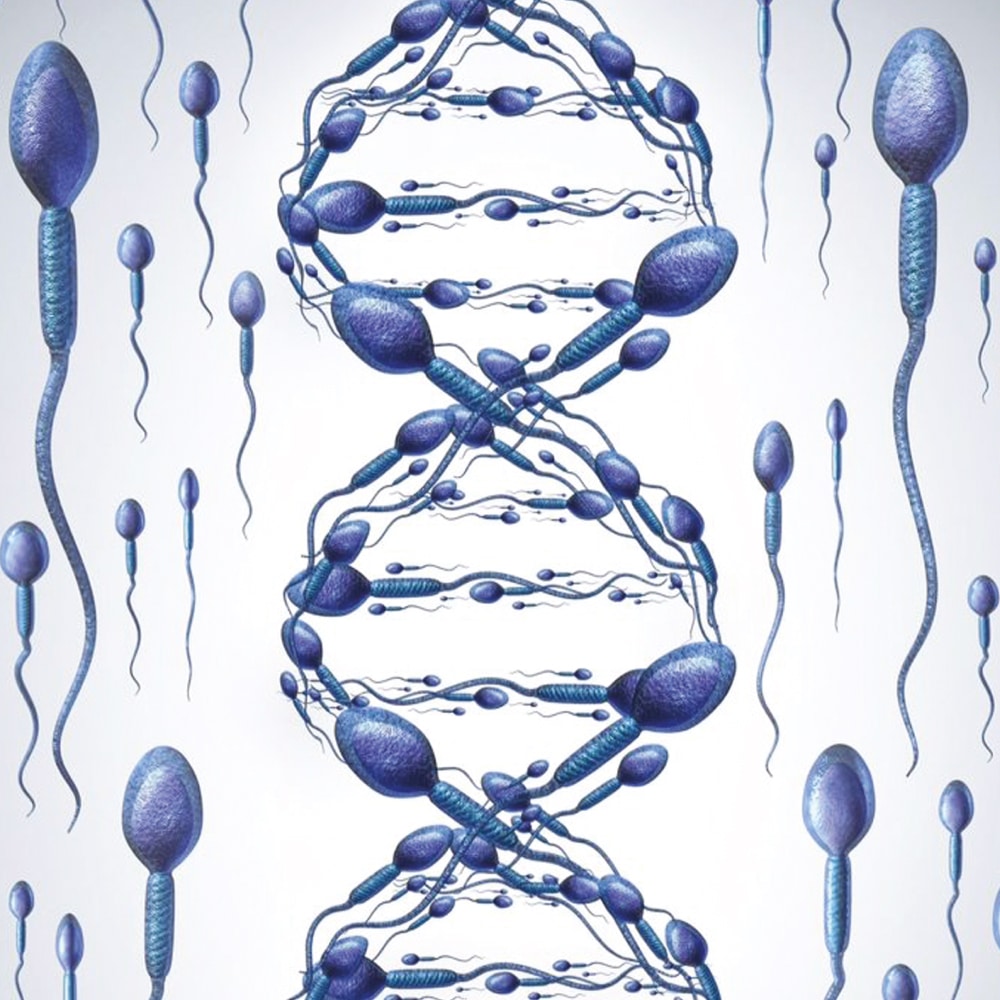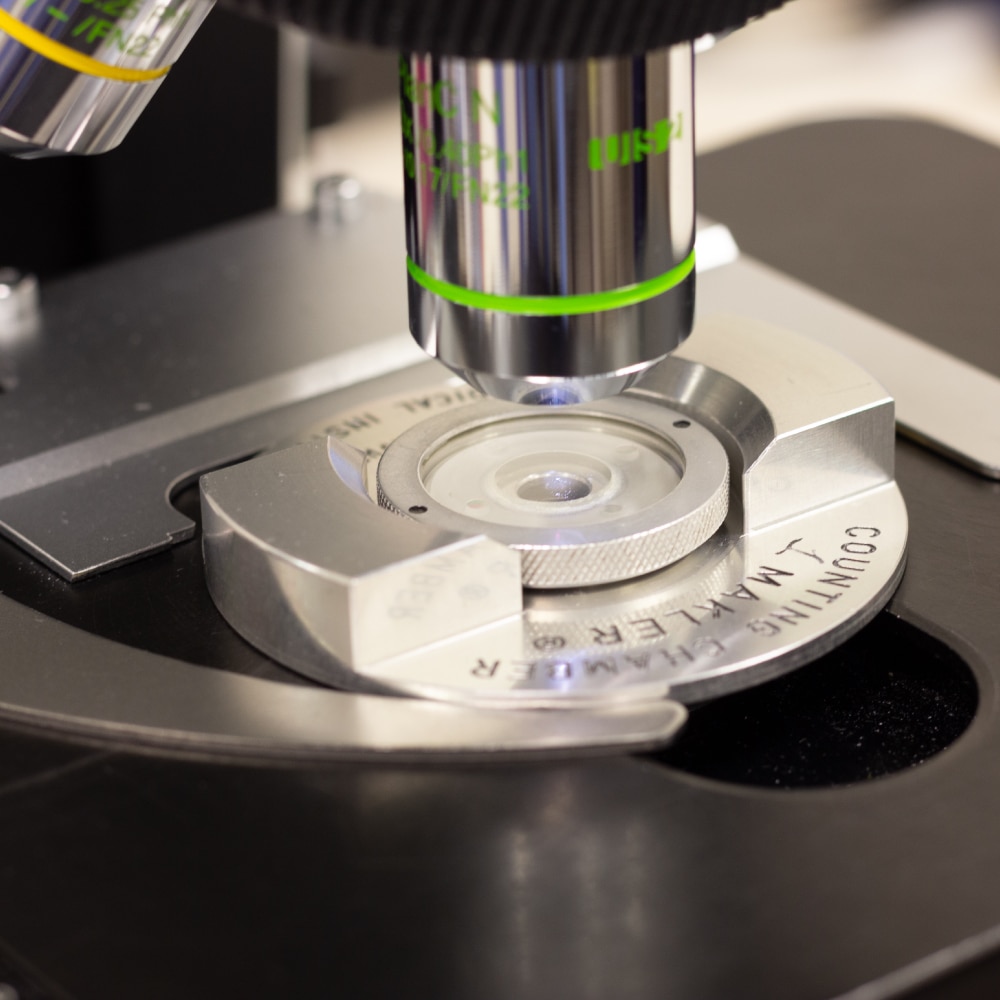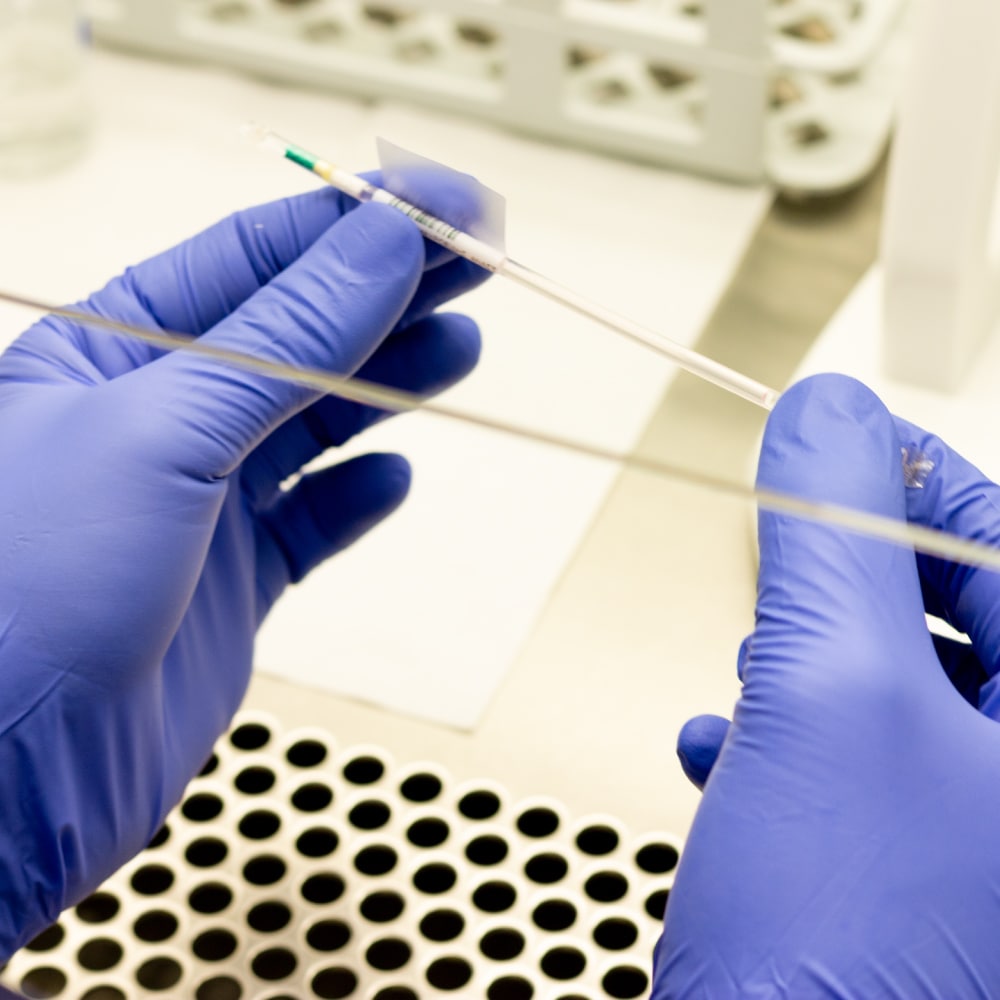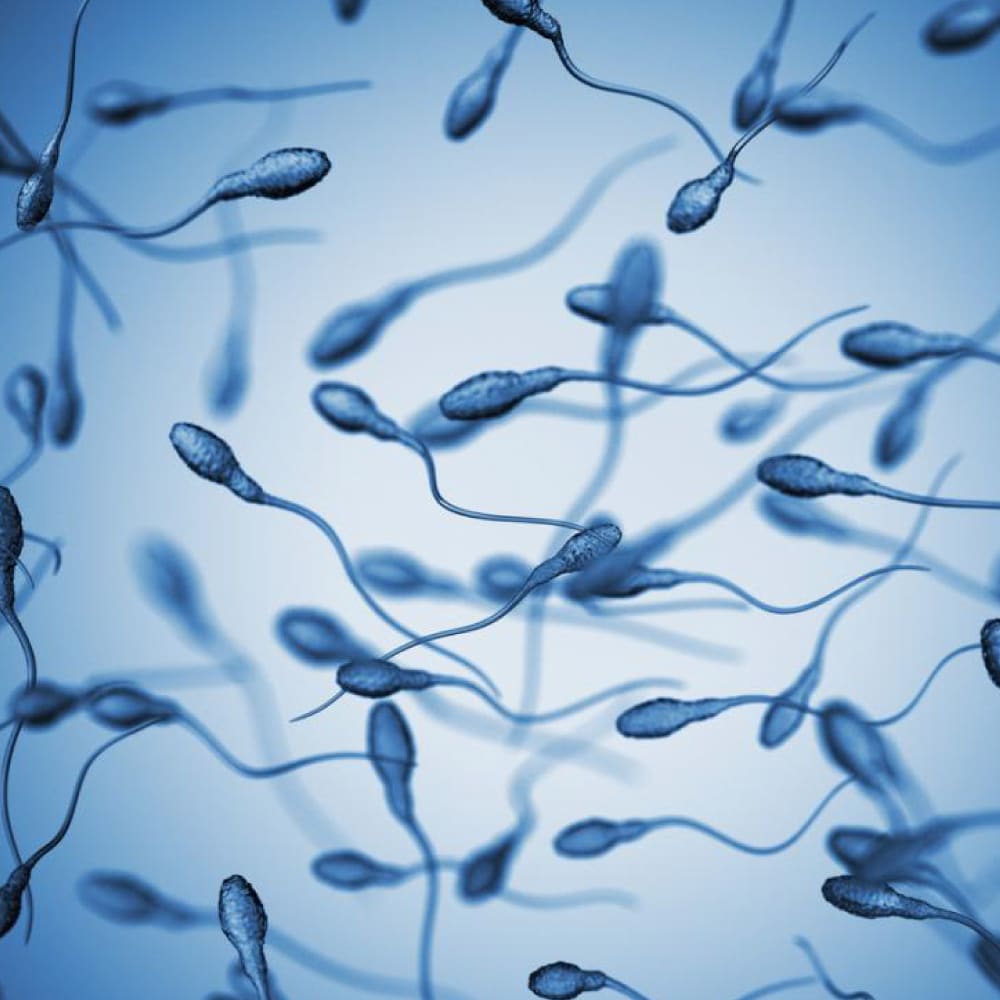Ultrasound

It is often used to diagnose the causes of male infertility, but also problems linked to male sexuality.
Male reproductive tract ultrasound is often used to diagnose the causes of male infertility, but also problems linked to male sexuality.
What is a male reproductive tract ultrasound?
The male reproductive tract ultrasound is a scan used to evaluate the morphology of the penis, testicles and epididymides. It is performed using an ultrasound device with a special probe that assists in examining these organs. This device sends high-frequency sound waves that are reflected back to the probe, which then displays them as images on a screen. The exam is performed by a radiologist or a urologist.
Male Infertility and Ultrasounds
Ultrasounds for male infertility can focus on specific organs:
- Testicular ultrasound. It is recommended for patients with testicular conditions, infertility, cryptorchidism, tumors, hydrocele and microlithiasis.
- Epididymal ultrasound. It is recommended for patients with infertility or pain in the scrotum due to inflammation.
- Transanal prostate-seminal vesicle ultrasound. It is recommended for patients with infertility, hypertrophy and inflammatory prostate conditions.
- Testicular artery Doppler ultrasound. It is recommended for patients with infertility, varicocele, testicular injuries and cryptorchidism.
Preparation
No special preparation is necessary for a male reproductive tract ultrasound.
After the ultrasound, there are no limitations as to continuing with daily activities.
Results
The following problems may be detected during a penile ultrasound:
- Varicocele: Dilation of the veins of the scrotum (the skin sac that contains the testicles). It resembles the varicose veins on the legs. Varicocele may cause low sperm production or production of low-quality sperm.
- Edemas and obstructions in the ejaculatory ducts that prevent normal ejaculation or problems in the epididymides, where the sperm is stored. When the epididymides are obstructed, sperm is not released during ejaculation.
- Prostate problems (closure of sperm duct, the tube that links the testicles to the prostate, etc.).
The results are evaluated by a urologist or a male fertility specialist, so they may recommend suitable treatment.
If a pathological finding is detected, the doctor will issue additional instructions and will inform the patient of the most suitable treatments. In some cases, a more detailed scan may be requested, such as an abdominal CT or MRI.
Relevant Topics
-
Azoospermia / Retrograde ejaculation
Azoospermia / Retrograde ejaculation During retrograde ejaculation, the semen travels into the bladder and, as a result, the man...
-
Innovative lab techniques
Innovative lab techniques The causes of male infertility are addressed and the chances of success are maximized, based on...
-
Ultrasound
Ultrasound It is often used to diagnose the causes of male infertility, but also problems linked to male sexuality....
-
Genetic Testing
Genetic Testing The advancements in molecular biology and genetics offer the possibility of examining the genes involved in sperm...
-
Hormone Testing
Hormone Testing A hormone test is a blood test that measures the levels of hormones, which play a major...
-
Investigation of male reproductive tract inflammation
Investigation of male reproductive tract inflammation If the semen analysis indicates an infection (increased number of round cells, mucus,...
-
DNA Fragmentation Testing
DNA Fragmentation Testing DNA fragmentation assay is the most important sperm function test. DNA fragmentation assay is the most...
-
Microbiological and Biochemical Analysis
Microbiological and Biochemical Analysis Microbiological analysis is recommended when there is a history of inflammation or indication such as...
-
Sperm activation / Sperm viability
Sperm activation / Sperm viability The total number of progressively motile sperm after sample treatment is calculated. The most...
-
Semen Analysis
Semen Analysis A semen analysis is the key test for investigating male infertility. It is performed in compliance with...



